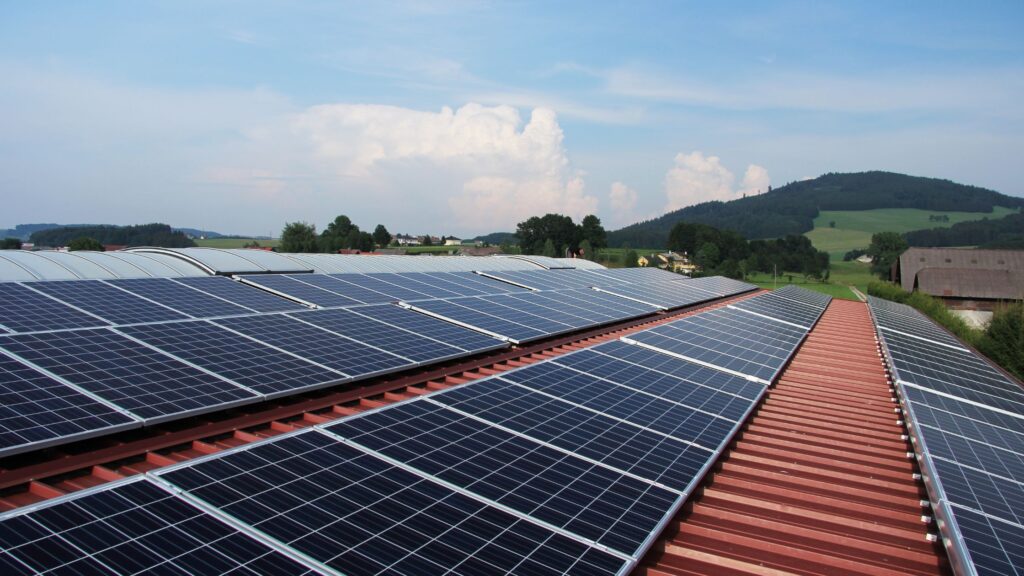Dubai, known for its lavish lifestyle and towering skyscrapers, is also taking significant steps towards a sustainable future. The city has made major investments in renewable energy sources, such as solar and wind power, with the goal of reducing its carbon footprint and increasing energy independence. In this blog, we will explore the rise of renewable energy in Dubai and its potential impact on the city and beyond.
The Drive Towards Renewable Energy in Dubai
Dubai’s commitment to renewable energy can be traced back to 2012 when the Dubai Clean Energy Strategy was launched with the goal of producing 7% of the city’s energy from clean sources by 2020. Since then, the city has made significant progress towards this goal, with a current target of generating 75% of its energy from clean sources by 2050.
Solar Power in Dubai
One of the key drivers of renewable energy in Dubai is solar power. The city is home to the world’s largest single-site solar park, the Mohammed bin Rashid Al Maktoum Solar Park, which covers an area of 77 square kilometres and has a capacity of 5,000 megawatts. The park uses both photovoltaic and concentrated solar power technologies to generate electricity, and is expected to reduce carbon emissions by 6.5 million tonnes per year.
Wind Power in Dubai
While solar power is the main focus of renewable energy in Dubai, the city is also exploring other sources such as wind power. In 2019, Dubai announced plans to build the region’s first offshore wind farm, with a capacity of 500 to 700 megawatts. The project is expected to contribute significantly to Dubai’s renewable energy targets and create new job opportunities in the energy sector.
Benefits of Renewable Energy in Dubai
The adoption of renewable energy in Dubai offers several benefits, both for the city and the environment as a whole:
- Reduced carbon emissions: The shift towards renewable energy helps reduce the city’s carbon footprint, which is important in the fight against climate change.
- Energy independence: Renewable energy sources such as solar and wind power are abundant and can provide a more secure source of energy for the city.
- Cost savings: Over time, renewable energy can be more cost-effective than traditional fossil fuels, particularly as technology improves and economies of scale are achieved.
Challenges and Future Outlook
While the benefits of renewable energy in Dubai are clear, there are also challenges to be addressed. One of the main challenges is the intermittent nature of renewable energy sources, which can make it difficult to maintain a stable supply of energy. To address this, the city is exploring energy storage solutions such as batteries and pumped hydro storage.
Looking ahead, the future of renewable energy in Dubai looks bright. The city is committed to achieving its ambitious clean energy targets and is investing heavily in research and development to drive innovation in the sector. As renewable energy continues to grow in importance around the world, Dubai is well-positioned to lead the way towards a sustainable future.
Conclusion
Dubai’s commitment to renewable energy is an inspiring example of how cities can take bold action to address the urgent challenge of climate change. With its massive solar park and plans for offshore wind farms, the city is leading the way in the adoption of renewable energy in the Middle East. As more cities around the world follow Dubai’s example, we can look forward to a cleaner and more sustainable future for all.





More Stories
What Does a Family Attorney Do? Everything You Need to Know
Where to Find the Best Ceramic Window Tinting in Alpharetta, GA – And Why It Matters
How to Treat Warts in Mission Viejo, CA – A Friendly Guide with Skin Care Tips